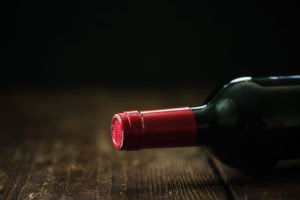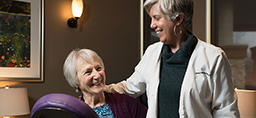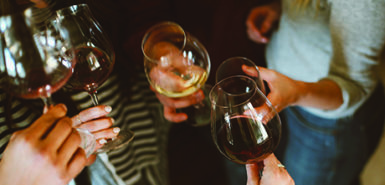
The American Society of Clinical Oncology warns a new statement connecting drinking alcohol to risk of cancer.
“People typically don’t associate drinking beer, wine and hard liquor with increasing their risk of developing cancer in their lifetimes,” said society president Dr. Bruce Johnson.
“However, the link between increased alcohol consumption and cancer has been firmly established and gives the medical community guidance on how to help their patients reduce their risk of cancer,” he said in a society news release.
Our Take
The takeaway from this study is that the use of alcohol—especially excessive use—is a risk factor in developing cancer, said Judy Smith, MD, chief of the Spectrum Health Cancer Center. She noted that even a moderate use of alcohol, defined as one drink a day or more, is shown to increase your cancer risk.
“We know that alcohol use impacts your risk of getting particular cancers such as breast, colon, liver, esophagus and head and neck,” Dr. Smith said. “The greater the use, the higher the risk.”
Dr. Smith said the cancer center’s goal is to try to get the news out that substances such as alcohol and tobacco put people at greater risk for developing cancer. Using either doesn’t necessarily mean you’ll get cancer.
“We really don’t completely understand why some people develop cancer and others don’t,” she said. “Many factors make people predisposed to get cancer. The important thing is to understand your risk and to be open and honest with your physician. They are there to help you.”
Alcohol is directly responsible for 5 to 6 percent of new cancers and cancer deaths worldwide, according to the statement.
The paper cites evidence tying light, moderate or heavy drinking to higher risk of common malignancies such as breast, colon, esophagus, and head and neck cancers.
However, a recent ASCO survey found that 7 out of 10 Americans are unaware of a link between alcohol and cancer.
To reduce the risks, the statement includes several recommendations. They include tighter restrictions on the days and hours of alcohol sales; higher taxes on alcohol; limiting alcohol advertising to youth; and providing alcohol screening and treatment at medical visits.
The organization also wants to end the “pinkwashing” of alcoholic beverages.
Since there’s evidence linking breast cancer to drinking, companies shouldn’t be “exploiting the color pink” or using pink ribbons to show their support of breast cancer research, the authors said.
“(The society) joins a growing number of cancer care and public health organizations in recognizing that even moderate alcohol use can cause cancer,” said statement author Dr. Noelle LoConte. She’s an associate professor of medicine at the University of Wisconsin.
“Therefore, limiting alcohol intake is a means to prevent cancer,” she added. “The good news is that, just like people wear sunscreen to limit their risk of skin cancer, limiting alcohol intake is one more thing people can do to reduce their overall risk of developing cancer.”
 /a>
/a>
 /a>
/a>